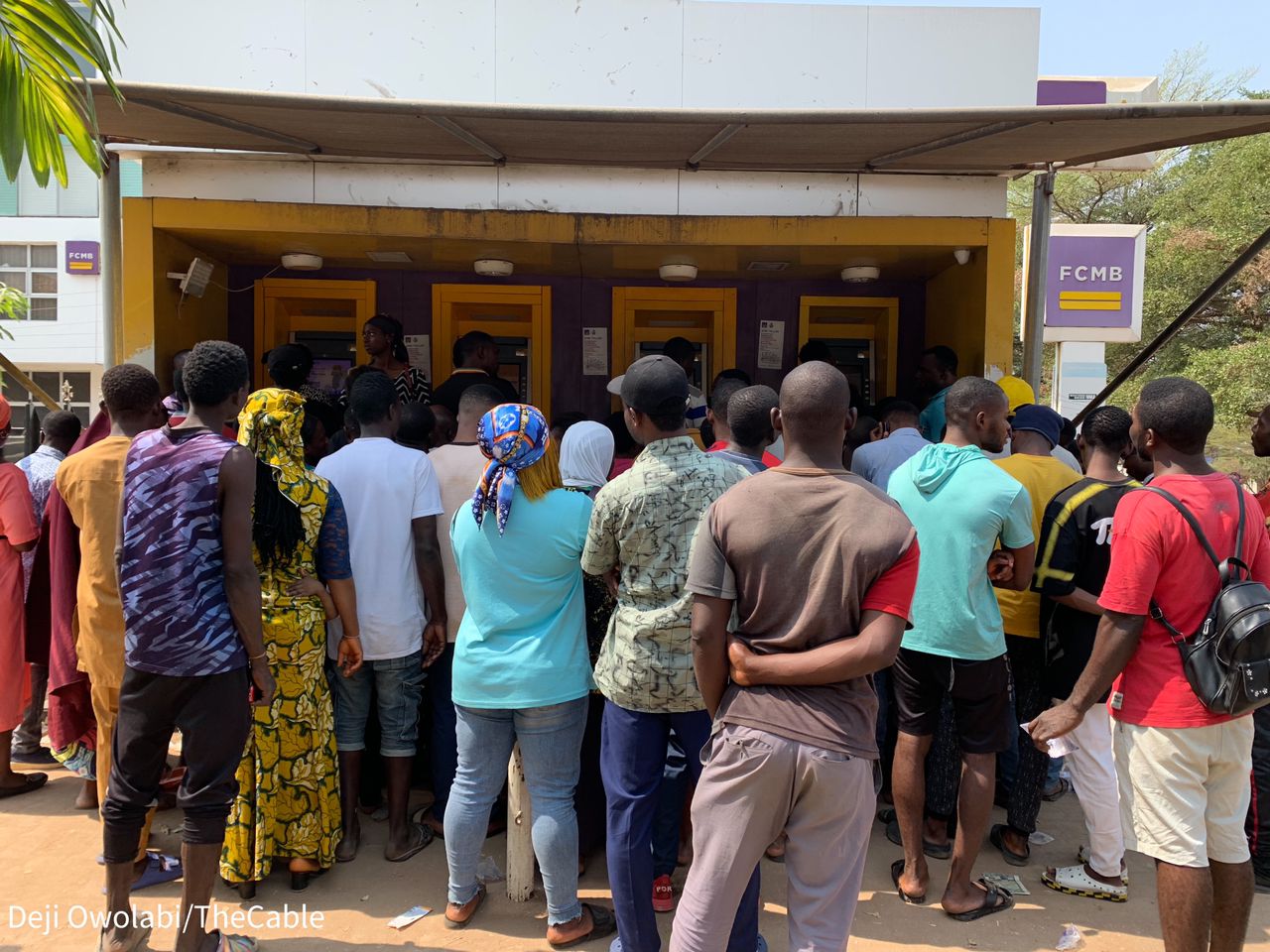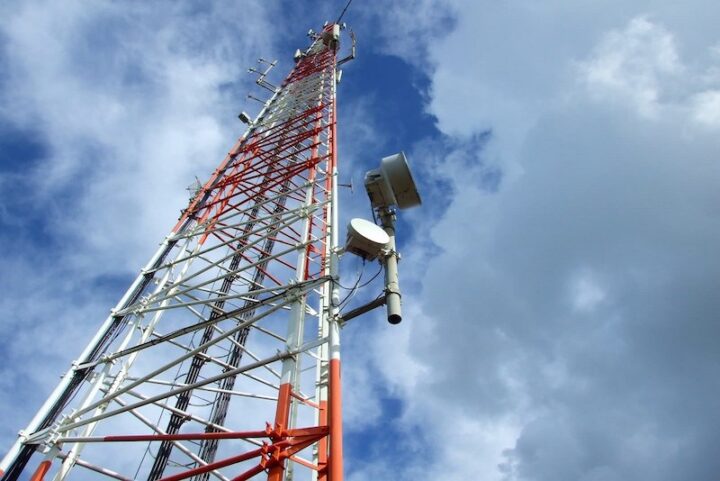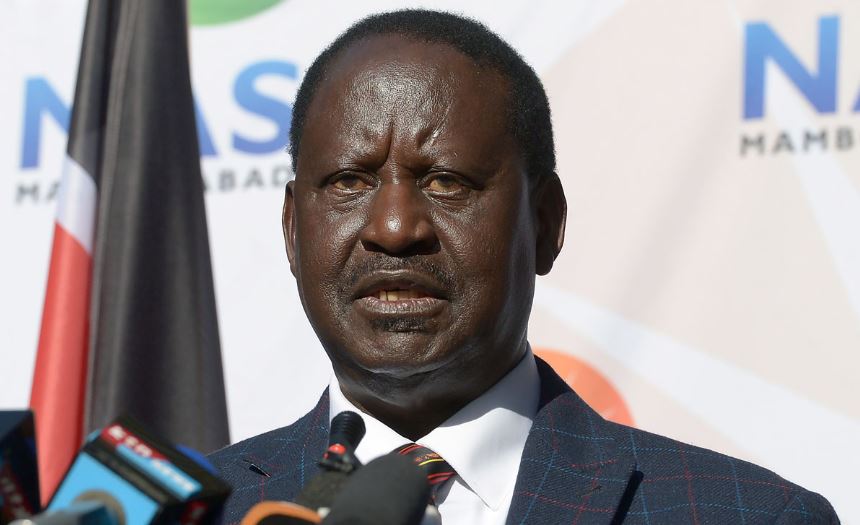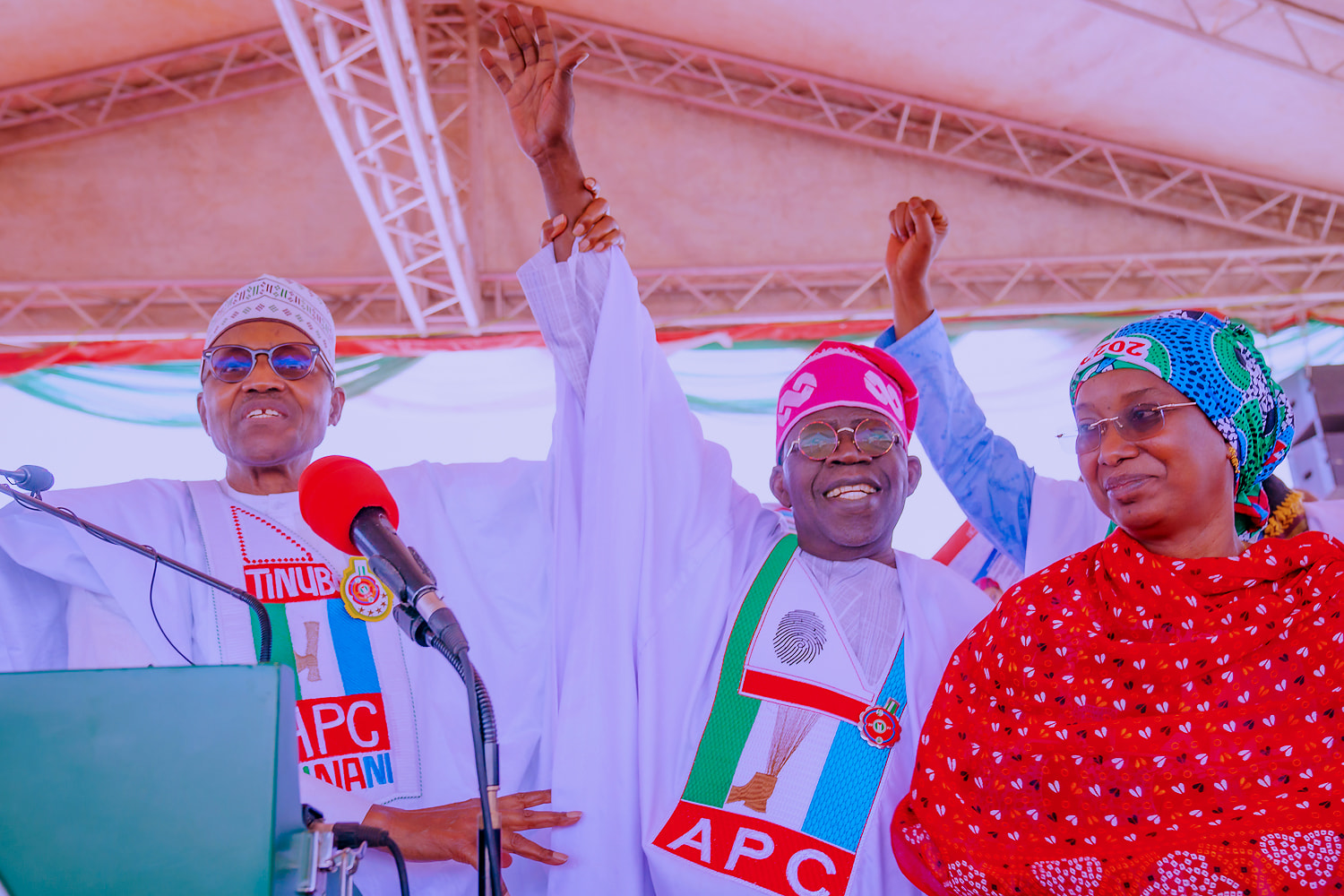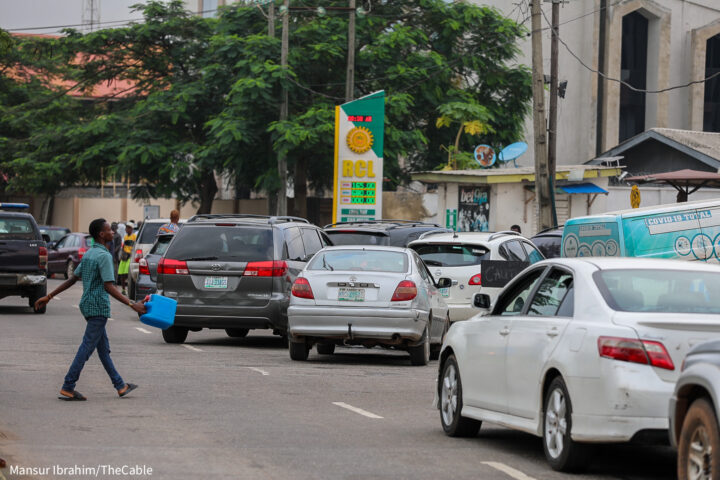ATM point at Jabi upstairs, Jabi, Abuja
In Nigeria, January is relatively associated with hardship, a period of struggle, and a time when most people manage the little left from the lavish expenses of the festive period.
We save and plan towards December, the end-of-the-year frenzy, the Christmas holidays, the travels, and all that. We give and receive gifts, we celebrate with family and friends, and we spend money, lots of money with little thought about what January brings.
Some people are already used to the fact that January is a month of lack, a month to manage the little left of their resources after the December lavish spending, it is already part of them to pay children’s school fees in February, to resume their usual monthly or quarterly expenses after the month of January.
Some people even go as far as borrowing money in January, not really their fault but because most companies are yet to open spending accounts for the year. If you begin any contract for a company in January, you’re most likely going to get paid in March.
Advertisement
January is not for the faint-hearted, however, people are used to it, because like every other Januarys in the past, this one will come and go and everything will return to normal, or so they thought.
But January 2023 has come with a special dose of life-threatening hardship, an unusual one thrown at Nigerians. Despite the carry-over of fuel scarcity problems from 2022 into the new year, the masses have another terrible experience to remember about January.
At a time when citizens ought to be in the right frame of mind in preparation for the 2023 elections, they are rather faced with untoward hardships from their own government. The Independent National Electoral Commission had complained that insecurity is a major threat to the elections, but beyond that, there is now fuel scarcity and scarcity of the new naira notes.
Advertisement
Travelling during the festive period was not easy for those that had to do so. The price of petrol was heartbreaking, causing an unprecedented increase in transport fares. Some people bought fuel for as high as N500 a litre in rural areas across the country.
They gnashed their teeth and were made to go through pain just to visit their parents and other family members back home, they suffered the same fate to return to their bases in the city, some are even still stranded in the village because they cannot afford the ridiculous transport fare caused by the increase in fuel price.
Fuel scarcity and price increases have refused to return to normal; as a matter of fact, it has become the new normal. Nigerians seem to have now adjusted and imbibe it into their lifestyle. Why not? They always do.
In the midst of all those unfortunate circumstances, Godwin Emefiele and his team at the Central Bank of Nigeria (CBN) threw Nigerians under the bus with the old naira notes deadline. The rush, panic, and chaos Nigerians were put through in January were too many to bear.
Advertisement
Oga Meffy said he was not going back on the January 31st deadline despite cries and calls from all and sundry for an extension. He finally changed his mind with just 10 more days added.
I really do not know why things can’t be made easy by the Nigerian government for Nigerians, I wonder why people will have to suffer, stand in the sun, get stranded, and have their blood pressure spike before they can get things done.
In the last week of January, many people called me to lament the hell they went through to withdraw their own money from their own bank accounts. I know it sounds weird. I mean, you worked for your money, then spent time in the queue to withdraw from the ATM, and go on to face a long queue just to buy fuel.
ATM machines are not dispensing the new 200, 500, or 1000 naira notes, most ATMs are not even working as they are shut down by commercial banks. There is panic everywhere, those that still have the old notes are finding it hard to spend them as people are now rejecting them for obvious reasons.
Advertisement
A friend of mine shared her experience with me over the weekend. She went to the market to get foodstuffs, and after buying things, she looked for the POS agents, but most of them did not come out for business. They don’t have the new notes and don’t want to be stranded with the old notes after January 31.
She then went to the ATMs, but they were not dispensing cash. She walked inside the bank but was told she cannot make withdrawals except a deposit. She tried to do a transfer but the network was terrible and after several failed transactions, money was debited from her account without being credited to the other account.
Advertisement
It was that chaotic.
I really pity those that did their wedding at the weekend as well as Sunday service of churches. They had two bad choices, either you take the old notes or you don’t get money at all. For those that are magnanimous enough to do a transfer, the bank network was terrible and transactions were failing. Not a time to forget in a hurry.
Advertisement
Government policies are supposed to alleviate the suffering of the people, but not in Nigeria. I even read a report of CBN allocating N120 million of the new notes to Katsina state. A paltry 120 million for a whole state with a population of over 10 million people? Money that could head straight to the state government’s house and be hoarded by ‘big men’ in the state? What will be left of the masses in that state? What will they be spending?
The reality on the ground is that the old notes are going out of circulation and there are no new notes enough for the masses to use. How and when these will be stabilised is not Nigerians’ headache but the CBN’s. Will the ten-day extension be enough?
Advertisement
Has the current scarcity of the naira strengthened its value against the dollar or pound? Or didn’t the economists say the value of something increases when it is relatively scarce? If it were the other way around, it would have been one thousand naira to a dollar by now.
This ‘wahala’ is too much, we have too many unnecessary things to worry about. Certainly, this was not a January for the weak, and this is not the right state of mind Nigerians should find themselves with just weeks to the presidential election.
For the country to have a credible election, fuel scarcity must go, insecurity must be tackled and money must be in circulation.
Israel Ojoko, a writer and content editor, can be reached via [email protected]
Views expressed by contributors are strictly personal and not of TheCable.
Add a comment

